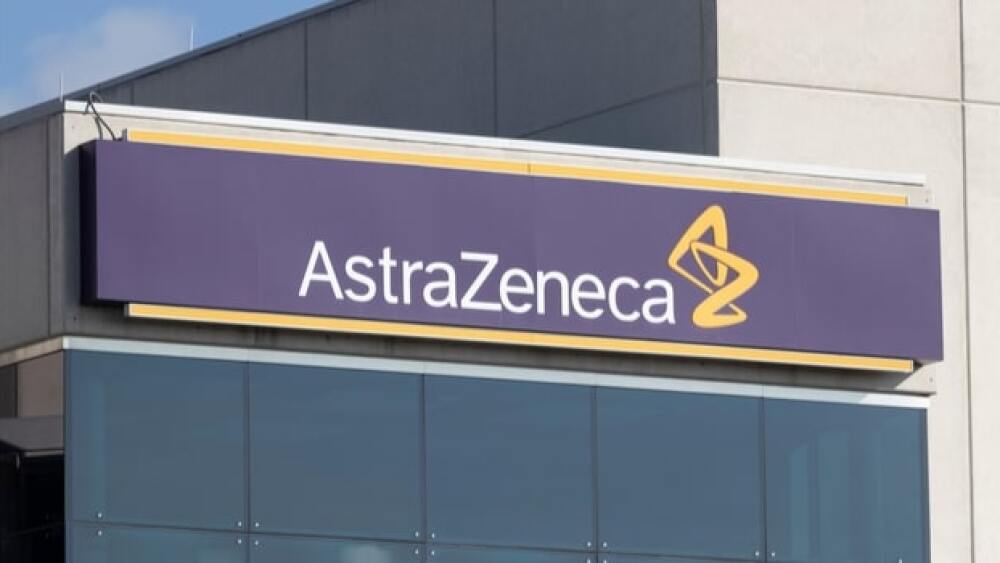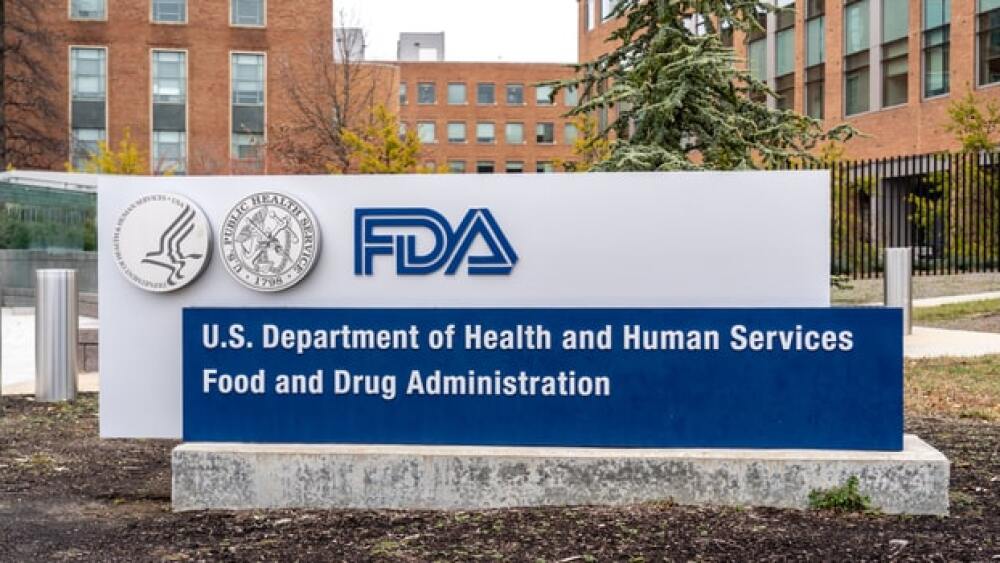The FDA approved AstraZeneca’s Imfinzi plus with gemcitabine-cisplatin chemotherapy as the first immunotherapy for adult patients with locally advanced or metastatic biliary tract cancer.
Jonathan Weiss/Shutterstock
The FDA approved AstraZeneca’s Imfinzi (durvalumab) plus with gemcitabine-cisplatin chemotherapy as the first immunotherapy for adult patients with locally advanced or metastatic biliary tract cancer.
Results from the Phase III TOPAZ-I trial supported Monday’s regulatory green light. The data, published last June in the New England Journal of Medicine, showed the Imfinzi-containing treatment regimen suppressed the risk of death by 20% compared to chemotherapy alone.
After two years of follow-up, nearly a quarter of patients who received Imfinzi were still alive, while the survival rate in the placebo arm was 10.4 percent. On the Kaplan-Meier curve, the survival benefits of Imfinzi became apparent six months after treatment initiation. The combination then continued to durably demonstrate superiority over placebo.
Biliary tract cancer (BTC) describes a group of rare malignancies that develop along the biliary tract, including the bile ducts, the gallbladder and the ampulla of Vater. BTCs are typically aggressive, and survival rates peak at 15%.
The global TOPAZ-I study combined Imfinzi plus gemcitabine with cisplatin for the first-line treatment of 685 patients with unresectable and advanced or metastatic BTC. Aside from overall survival, Imfinzi’s efficacy was also assessed through progression-free survival (PFS). Tolerability was evaluated according to toxicities and treatment side effects.
Patients treated with Imfinzi also showed better PFS, with the drug cutting the risk of disease progression by some 25%.
Almost all patients in both treatment arms saw at least one adverse event of any severity. Grade 3 or 4 side effects arose in 75.7% of patients treated with Imfinzi and 77.8% of placebo comparators. Discontinuation rates remained low, at 13.0% and 15.2%, respectively. Twelve patients in the Imfinzi group died due to treatment toxicities, as did 14 patients given placebo.
Imfinzi is a human monoclonal antibody that prevents the PD-L1 protein from interacting with the PD-1 and CD80 receptors, stopping cancer cells from evading the immune system. Imfinzi has also earned regulatory approval for non-small cell lung cancer, extensive-stage small cell lung cancer and bladder cancer.
Regulatory review for Imfinzi for locally advanced or metastatic BTC is underway in Australia, Brazil, Canada, Singapore, Switzerland, Israel and the U.K.
Monday’s regulatory win for Imfinzi comes 18 months after the high-profile failure of bintrafusp alfa, which had been developed under a now-dissolved partnership between Merck and GSK. In a Phase II study, bintrafusp alfa showed promising efficacy as a single-agent second-line treatment for BTC but fell short of predefined thresholds to support a regulatory filing.






